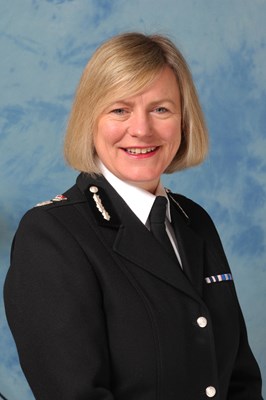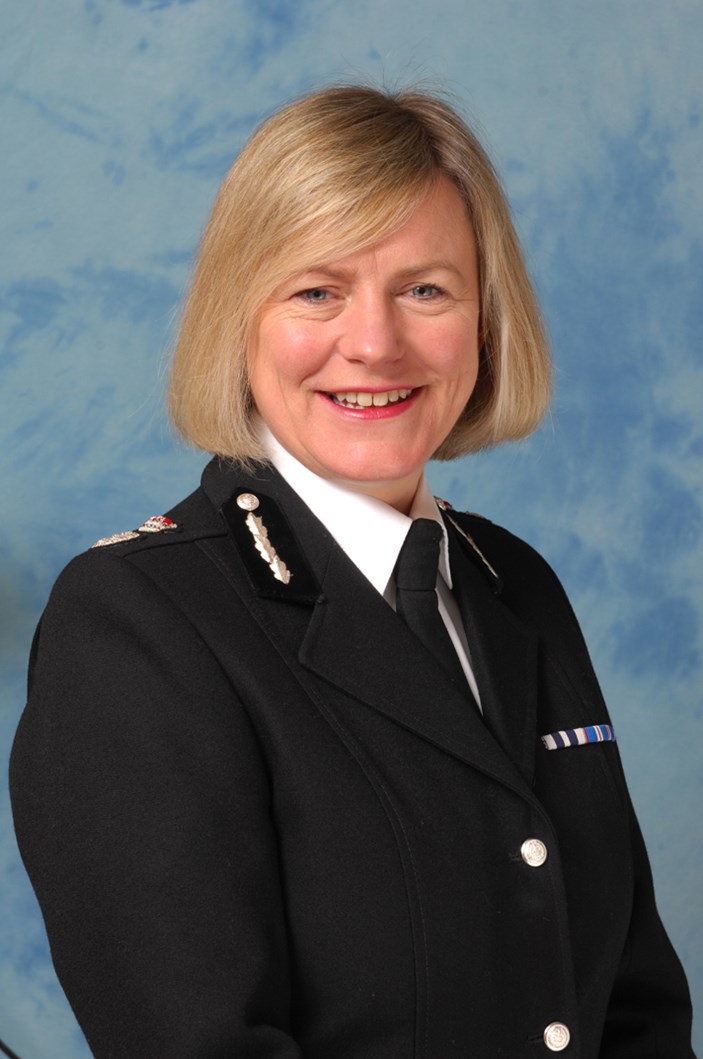01 Apr 2015
Business begins at the National Police Chiefs’ Council
The new body to coordinate operational policing and collaboration amongst forces at the national level is established today.
National Police Chiefs’ Council (NPCC) will bring together operationally independent and locally accountable chief constables and their chief officer teams to join up the operational response to the most serious and strategic threats.
It will work closely with the College of Policing, which is responsible for developing professional standards, to develop national approaches on issues such as finance, technology and human resources.
Chief Constable Sara Thornton will chair the NPCC supported by two vice-chairs in addition to their day jobs as chief officers within forces. Chief Constable Peter Vaughan has already been appointed and a second vice-chair will be shortly following a ballot of chief officers.
Sara said:
“I am delighted to lead the NPCC as we meet the challenges facing the police service. Some of the biggest threats we face in the UK, like terrorism and organised crime, are national and international; so there has never been a greater need for forces to work together.
“Demand is changing. We are balancing an increasing number of major investigations into crimes that may taken place many years ago with tackling the issues of today and tomorrow. We are dealing with an unprecedented increase in levels of complex crimes such as sexual abuse and cybercrime, which take longer to investigate and require more resources. All of this against a background of significant budget cuts means that we have to prioritise carefully and change the way we police.
“I look forward to working with my chief constable colleagues to ensure we have the best coordinated response to protect the public.”
In the coming months, the NPCC will develop an annual delivery plan to determine where it will focus efforts for the first year.
NOTES TO EDITORS/ FURTHER INFORMATION
Chief constables and Police and Crime Commissioners (PCCs) have signed a legal agreement under Section 22A of the Police Act 1996 declaring that they will collaborate with each other in the running and funding of the NPCC.
The NPCC is hosted by the Metropolitan Police Service (MPS) but is independent of it.
The NPCC has the following functions:
- The co-ordination of national operations including defining, monitoring and testing force contributions to the Strategic Policing Requirement working with the National Crime Agency where appropriate;
- The command of counter terrorism operations and delivery of counter terrorist policing through the national network as set out in the Counter Terrorism Collaboration Agreement;
- The co-ordination of the national police response to national emergencies and the co-ordination of the mobilisation of resources across force borders and internationally;
- The national operational implementation of standards and policy as set by the College of Policing and Government;
- To work with the College of Policing, to develop joint national approaches on criminal justice, value for money, service transformation, information management, performance management and technology; and
- Where appropriate, to work with the College of Policing in order to develop joint national approaches to staff and human resource issues, including misconduct and discipline, in line with the Chief Officers’ responsibilities as employers.
For further information about the NPCC’s work, structure and membership, and history and background, please visit our website - http://www.npcc.police.uk/ .
Contact information
Communications office
By phone: 0800 538 5058
By email: press.office@npcc.police.uk


